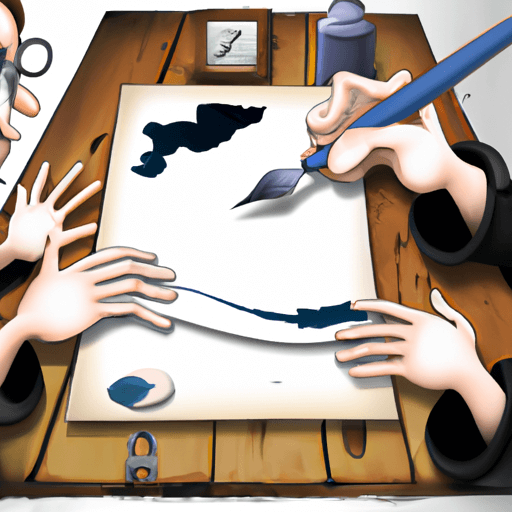Censorship vs. Freedom of Expression in Literature: An In-depth Analysis
The discourse surrounding censorship and freedom of expression in the realm of literature has consistently been complex and contentious. Throughout history, the constant battle between these two diametrically opposed entities has often stirred heated debates, inevitably influencing various works and the literary world as a whole.
Historical Context
The seeds of this perennial conflict were sown in the ancient times itself. The notion of freedom of expression has been inherent to the human civilization, tracing back to democratic societies like Ancient Greece. However, censorship has also been equally prominent.
In the times of Roman Empire, different emperors had different stances towards freedom of speech. While some allowed it, others crushed it, fearing it could lead to a revolt. Christianity, in its formative years, faced widespread censorship, often leading to destruction of diverse texts. Fast-forward to the early 20th century, the Soviet Union and Nazi Germany demonstrated the terrifying extents of political censorship.
Influence on Works of Literature
Censorship has notably influenced numerous works, molding them in a certain fashion. Some authors intentionally incorporated provocative elements, daring to challenge the prevalent censorship norms, thus triggering high-profile controversies.
A classic example is Gustave Flaubert's Madame Bovary, which faced allegations of offending public morality. In more recent times, Salman Rushdie's The Satanic Verses faced severe backlash from radical factions of Islam for its alleged blasphemy, leading to a fatwa being issued against Rushdie.
Implications on Freedom of Expression
Censorship imposes constraints on authors, effectively curbing their freedom of expression. It may consequently result in compelling them to alter their original work to appease the authorities, thus suppressing their creative spirit.
Impact on Readers, Writers, and Society
Censorship not only impacts the writers but also resonates with readers and the society. Overly censored content obstructs readers from getting exposure to diverse ideas and perspectives. As George Orwell noted, censorship is like telling a man he can't have a steak because a baby can't chew it.
However, if viewed from a different perspective, restrictions sometimes can serve a purpose. Content that incites violence or spreads hate and misinformation arguably warrants censorship. It brings us to the fact that total freedom of expression could also have drawbacks.
Perspectives from Authors, Readers, and Academic Scholars
Most authors generally argue for uncensored freedom, citing it as an existential need for their creativity. Readers and academic scholars, however, have a mixed stance. While many endorse freedom of expression, others argue for responsible freedom, advocating for a balance between full-fledged freedom and necessary censorship.
In conclusion, the tension between censorship and freedom of expression is paradigmatic to a larger narrative. It not only shapes the world of literature but also reflects the democratic health of the society. Perhaps the key lies in finding a balanced approach that respects an author's freedom while ensuring societal harmony.

















Comments
Leave a Comment